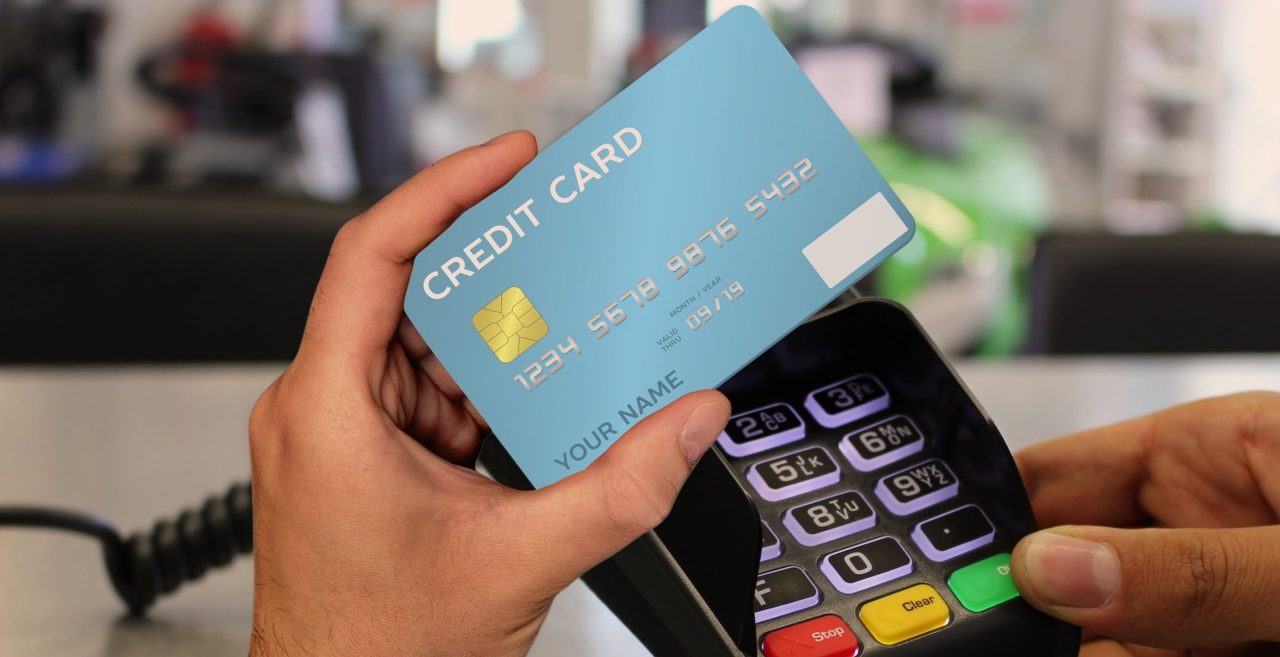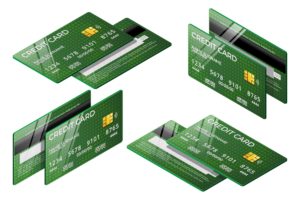How To Apply For A Credit Card?
You need a good credit score and payment history for your credit card application to be approved. Here is complete information on credit card features, rewards, and benefits.

Source: Unsplash
If this is not your first time applying for a credit card, then the application process can be intimidating. Issuers run a strict credit check every time you apply for a credit card. And the more they check your credit report, the more negative impact it has on your credit score.
You need to take a wise call before applying for a credit card. It is not like you can try and apply for several ones at once and choose thereupon. How can you ensure that the credit card you apply for is a good fit for you? How do you proceed with going through the application process?
Let’s address both questions by studying the credit card application process in Canada.
Step 1: Evaluate your financial situation.
Before you fill out forms, you will need to ensure you have a good financial history.
Examine your credit report.
The first step is to check your credit score. Credit scores have numerical values between 300 and 900. The higher the amount, the better the credit score is, and the lower is the credit risk for the issuer.
Banks consider a credit score of at least 650 and higher to be good to start the approval process. Applicants with good scores will have access to a larger pool of cards to choose from with a higher chance of being accepted.
Income and bankruptcy history
Another key factor that can influence the card’s credit limit approval is your annual salary.
Some cards do not have salary criteria, while others have a threshold income/earnings level to be eligible for a specific category of cards. You need to furnish your income/salary/earnings right on the credit card application.
You must not have filed for bankruptcy in the previous seven years to be eligible for most credit cards.
Step 2: Decide which form of credit card is best for you.
There are three major types of credit cards to consider. Each with its own set of advantages and disadvantages.
1. Secured credit cards
Secured credit cards are for people with bad or no credit. Banks offer these cards to individuals who have had trouble getting other types of credit in the past. Such cards need collateral from the applicants at the time of application, such as pledging a fixed deposit available with the issuing bank.
A collateral could be an item that has a sizeable market value that a lender can seize if the borrower doesn’t repay the outstanding as per the agreed terms.
Since this collateral covers the lender, almost every applicant with collateral stands a chance to get the card application accepted, even if they have an average credit score.
You will eventually move to a traditional unsecured credit card if you use a secured card wisely and pay your balance on time (preferably the full amount).
2. Credit cards with low interest rates
A low-interest credit card is the best choice for those who carry forward a balance to the next month (revolving credit). These cards rarely offer bonuses or freebies, but they do have lower-than-average interest rates.
This implies if you choose this type of card, then you will end up paying less interest when paying off your debt, saving you a lot of money.
3. Rewards Credit cards


A rewards credit card can help those who have a decent credit score and can afford to pay off their debt in full each month. These cards offer cashback or reward points that can be used against future purchases.
These cards bundle enticing welcome deals and promotions. If you choose this card, it will empower you with increased purchasing power. However, monitor the interest rates before spending as sometimes it can be very high. Do not carry forward the previous month’s balance on these cards.
4. Selecting the Correct Rewards Credit Card
You can apply for a rewards card if you can pay off your balance in full every month.
Which rewards card would be better for you? Check out the below options and choose yourselves.
Cashback
Cashback cards reward you with cashback for transactions meeting the bank’s cashback criteria. These cards offer higher bonus rates for specific categories of spending that include groceries, gas, etc. You can also see a base rewards rate that applies to all other purchases.
Travel
Travel rewards cards allow you to accumulate points or miles. You can make use of these points for travel-related purchases. They also provide beneficial Add Ons like travel insurance or access to airport lounges.
Step 3 Fill out an online application.
It is finally the time to apply for the credit card that fits your credit score, salary, finances, and lifestyle. Applying for a credit card online is the fastest and most convenient way these days. You can also apply by mail or by phone.
However, it can take weeks to learn if the card issuer has accepted or rejected your application. If you forget to send in essential forms or supporting documentation, your card may go on hold.
There are certain limitations when applying over the phone. You may have to wait in the queue for a long time if you call & apply. You cannot apply outside of business hours if you are applying via phone. We recommend online applications for these reasons.
Even though you may think credit cards are simple to get, but you should know banks reject or disapprove of your credit card applications if you do not satisfy the criteria explained above.
Applying for a credit card has its perks. You can receive rewards and gain access to privileges and exclusive benefits. Remember, if you use your credit card responsibly, it will help you maintain a healthy credit score.



